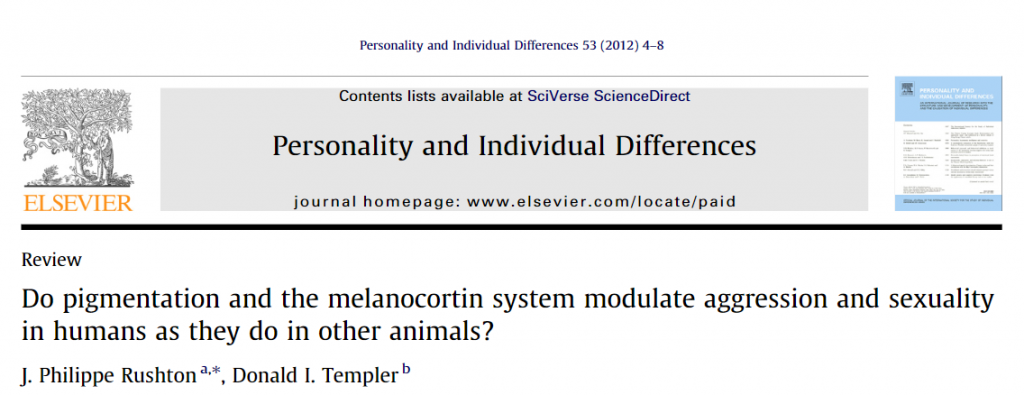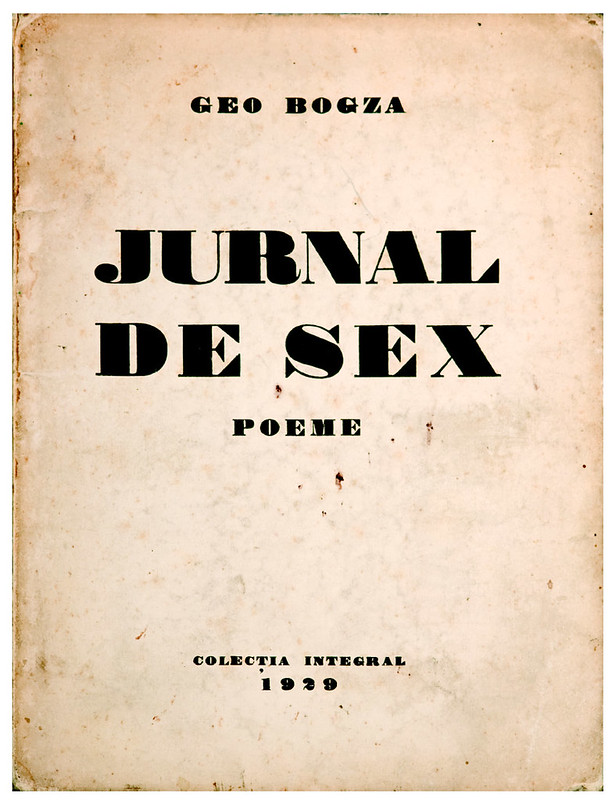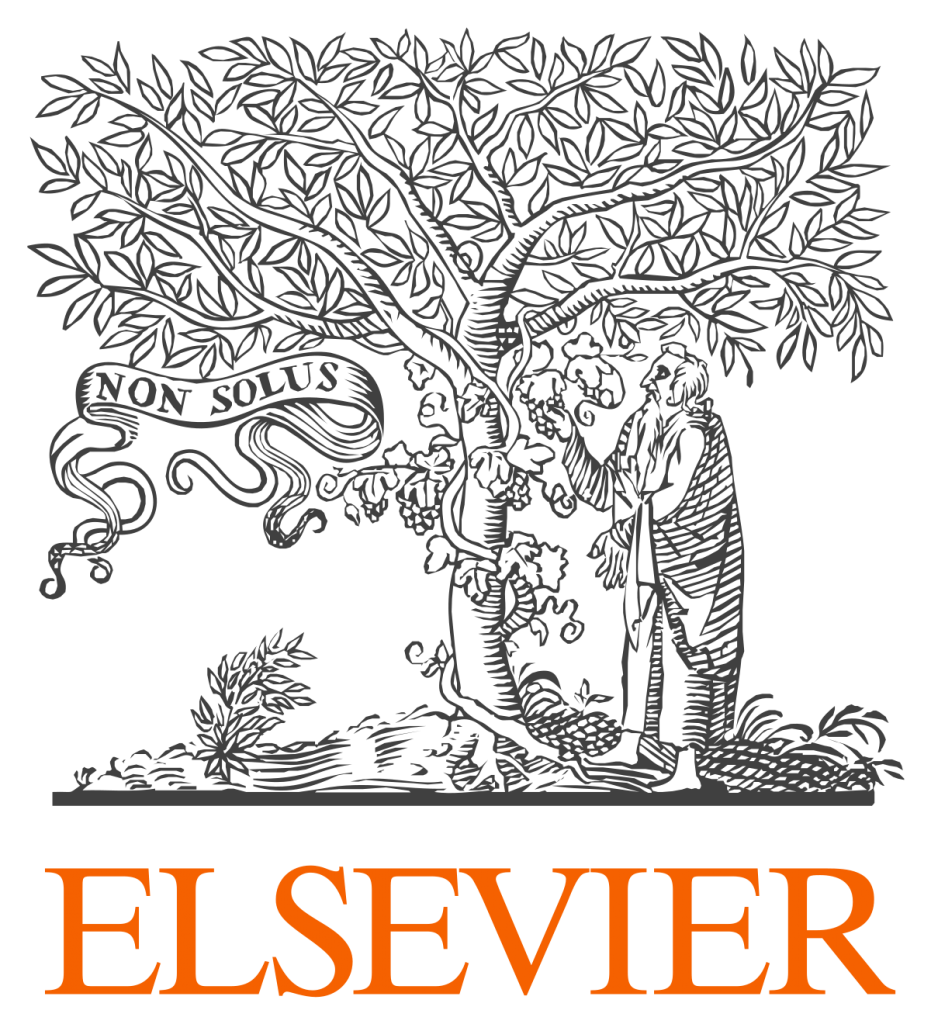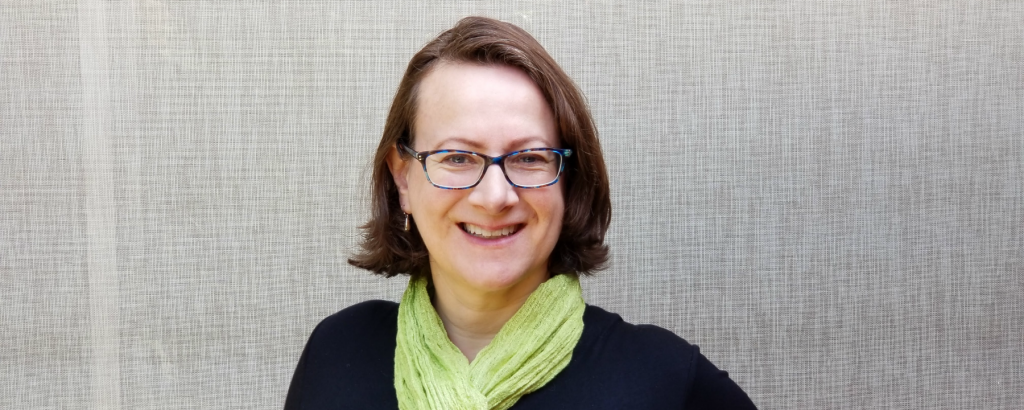
An Elsevier journal plans to issue a retraction notice this week about a widely criticized 2012 paper claiming to find links between skin color, aggression, and sexuality.
Earlier this month, we reported that the journal, Personality and Individual Differences (PAID), would retract the study “Do pigmentation and the melanocortin system modulate aggression and sexuality in humans as they do in other animals?” by the late authors Philippe Rushton and Donald Templer, published in 2012.
The paper was the subject of a highly critical Medium post in November 2019, and of a petition with more than 1,000 signatures sent to Elsevier earlier this month.
The four-page retraction notice, provided to Retraction Watch by Elsevier, begins with a description of the history, policies and procedures at the journal, then launches into a litany of issues with the paper:
Continue reading Journal calls 2012 paper “deeply offensive to particular minorities”







